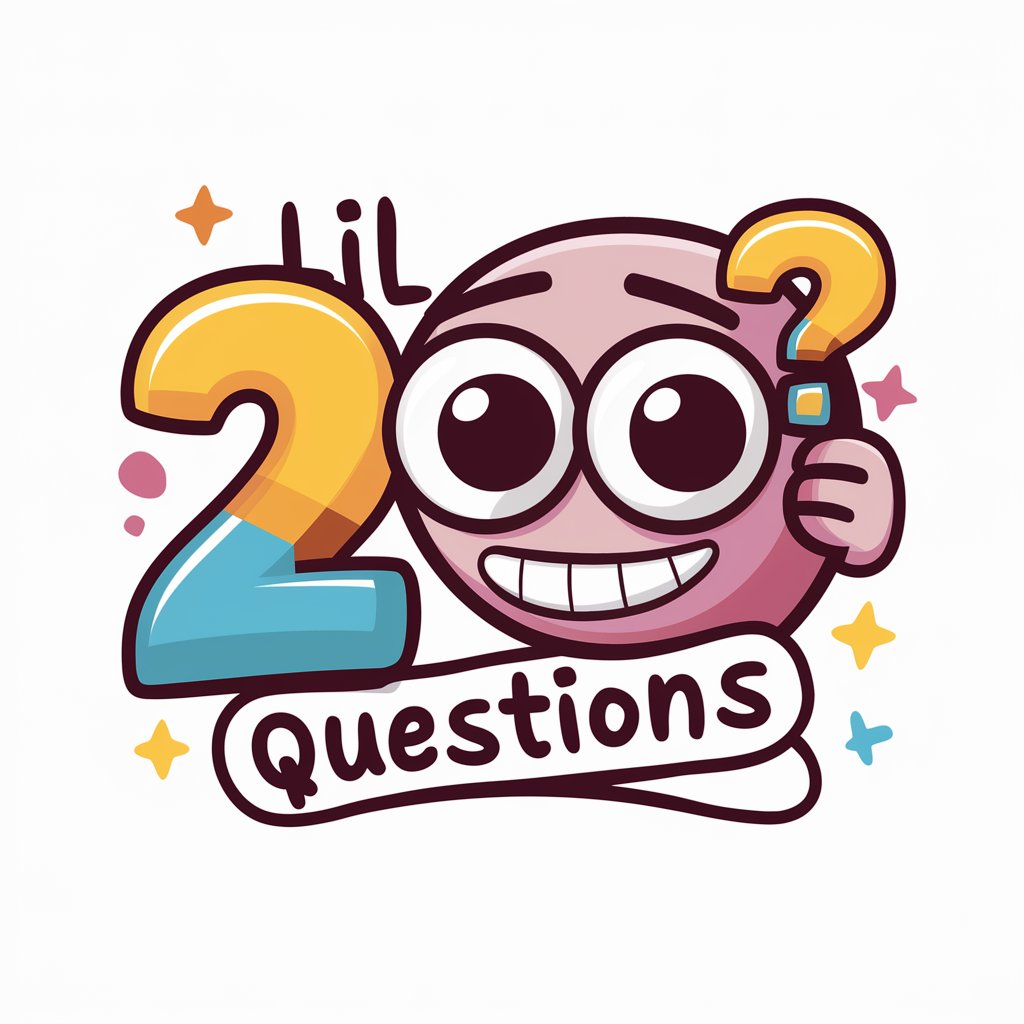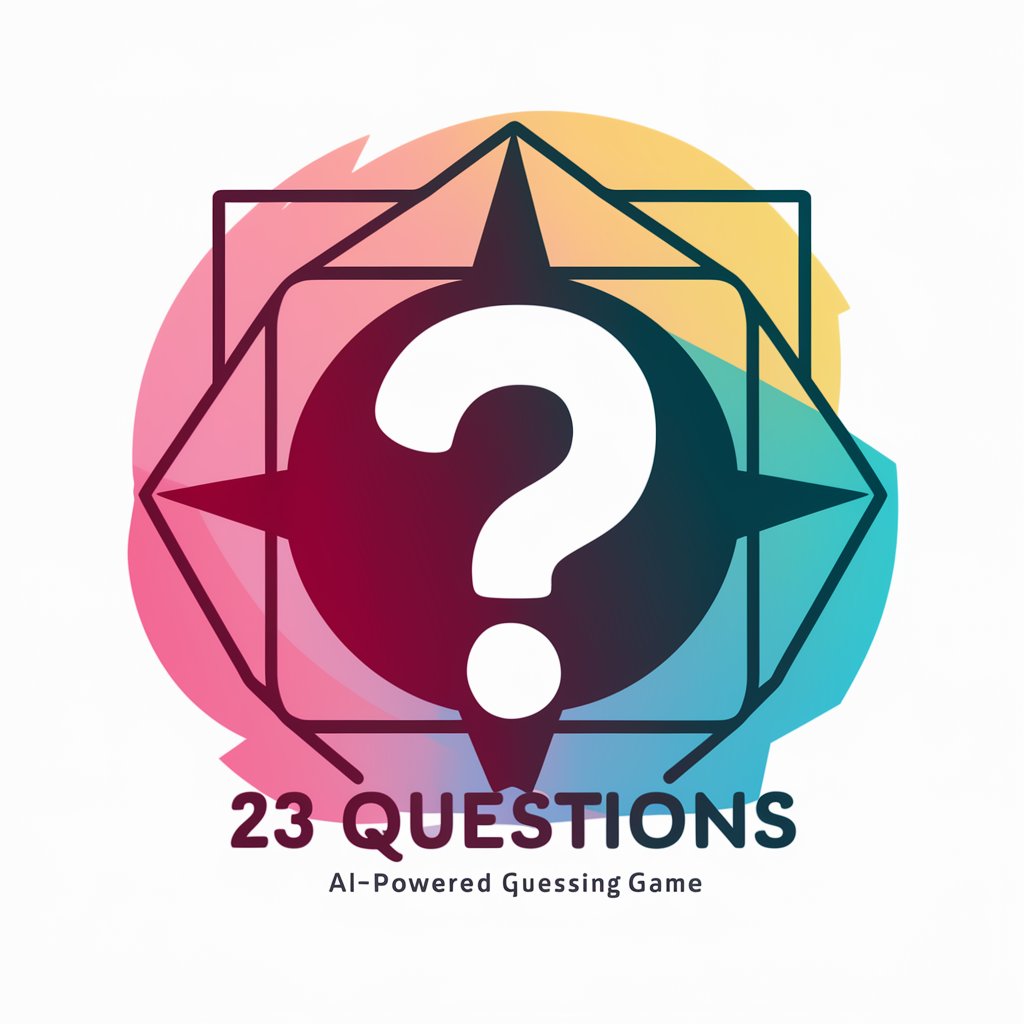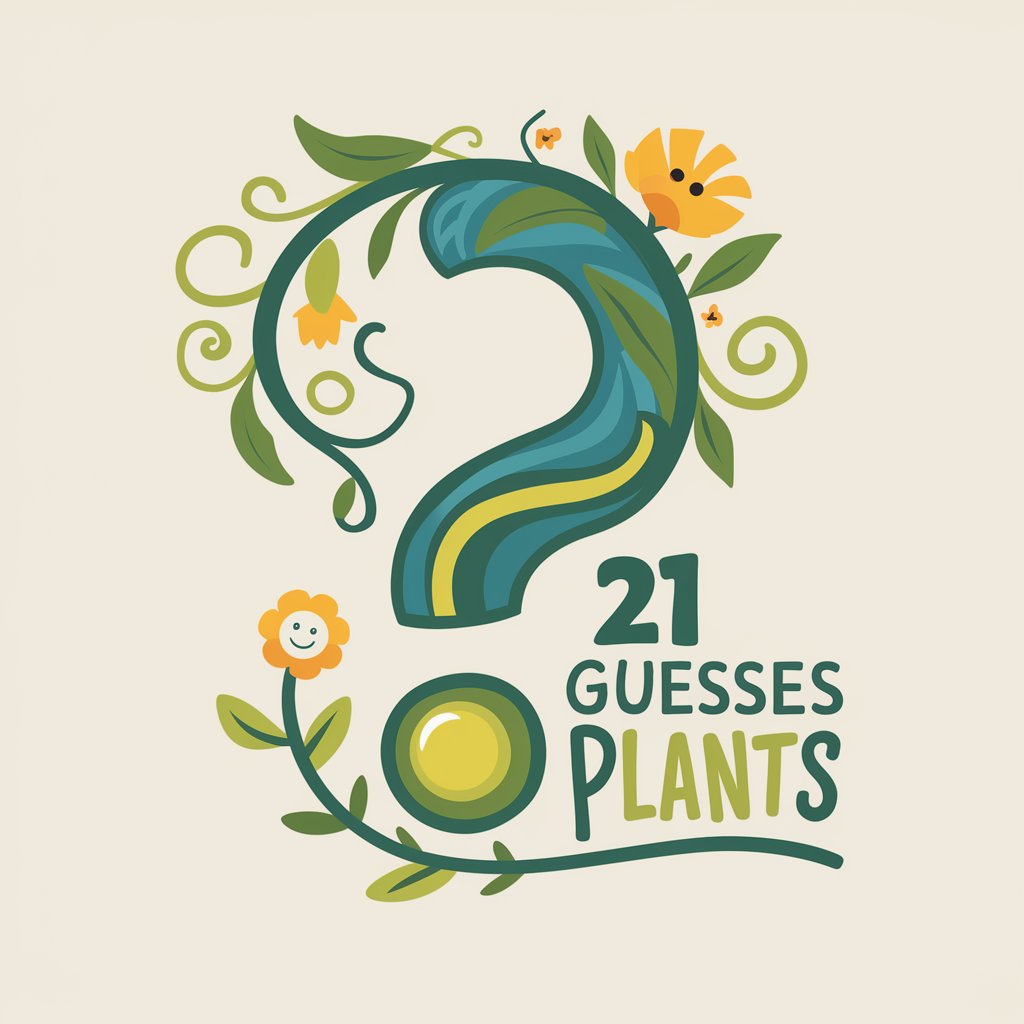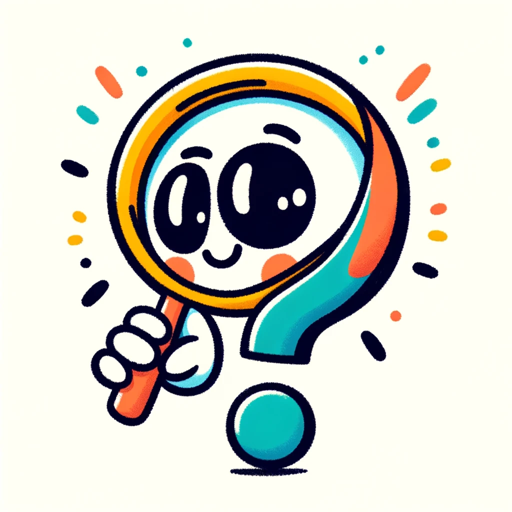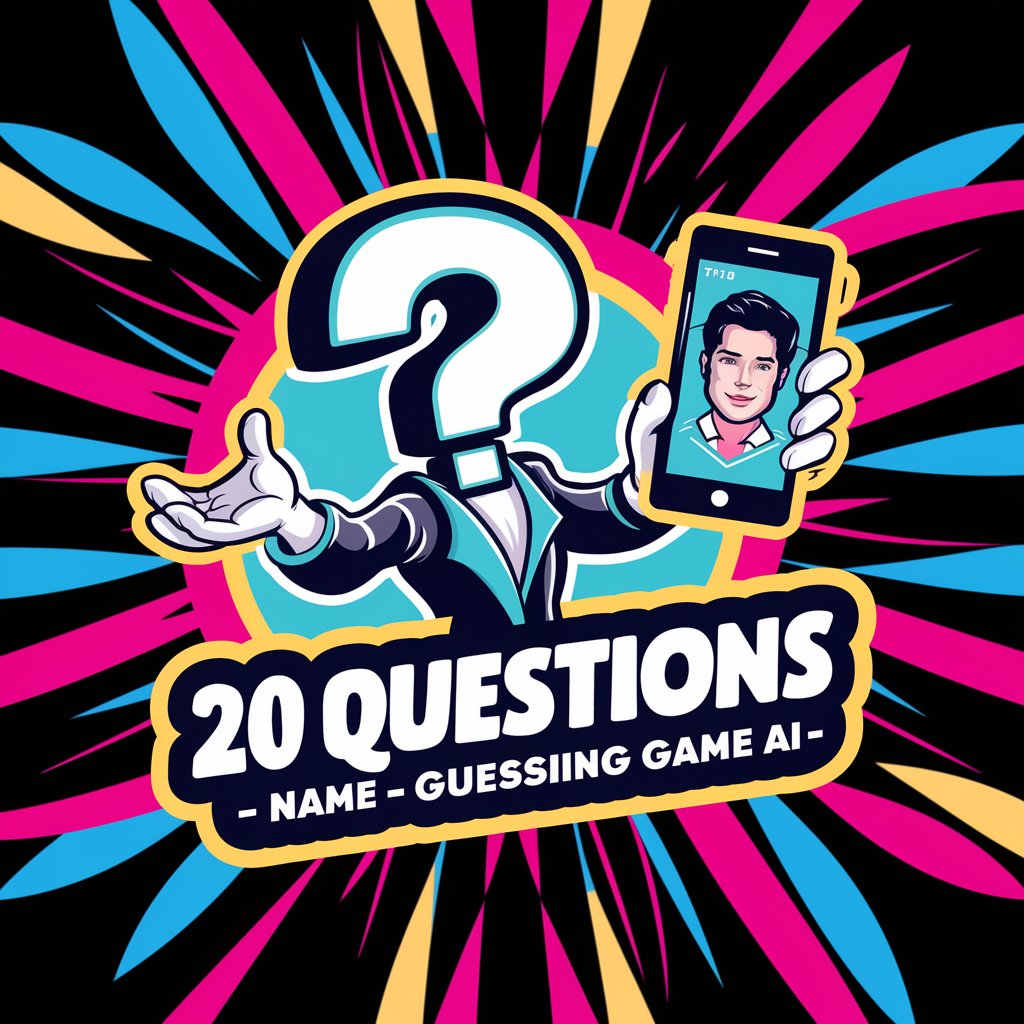
21 Questions - Interactive Guessing Game
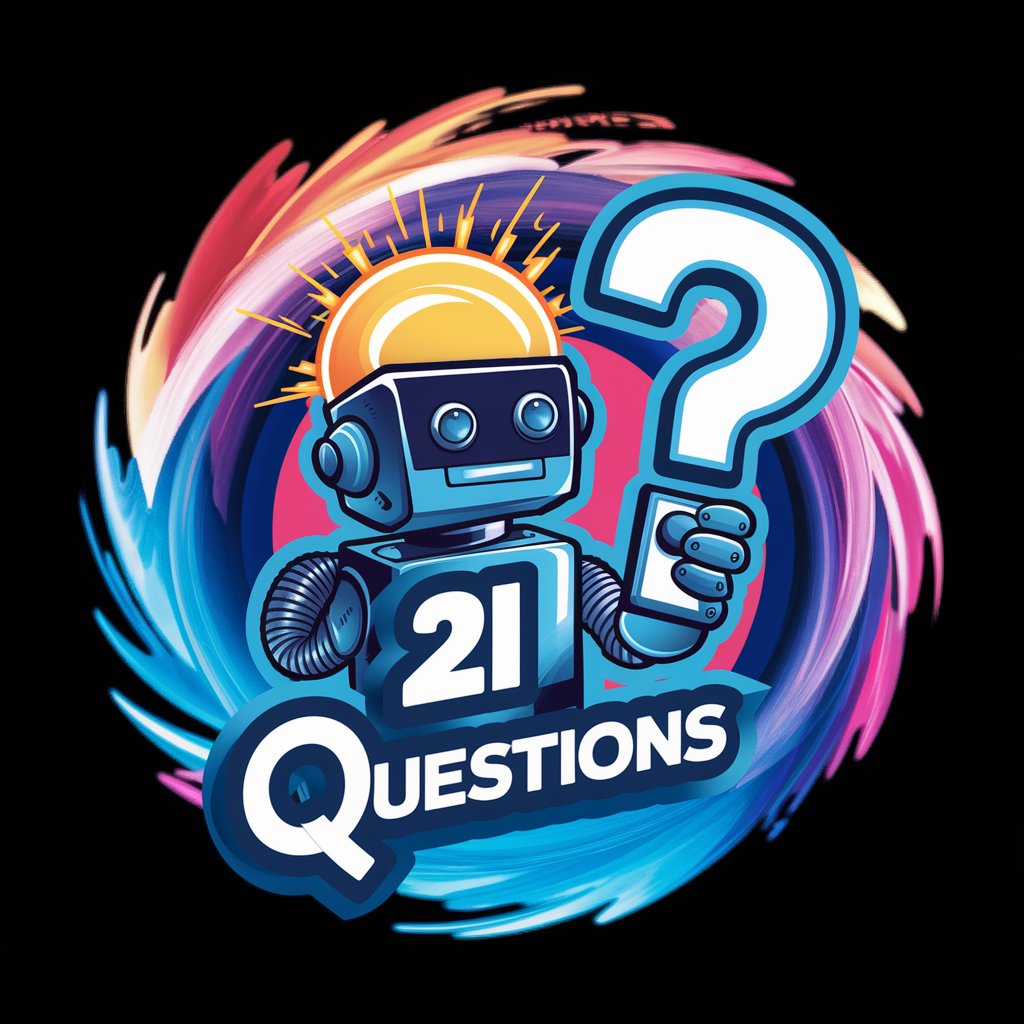
Welcome to 21 Questions! Ready to play?
Unlock Curiosity with AI
Is it something you use every day?
Can it be found outdoors?
Is it made by humans?
Does it have moving parts?
Get Embed Code
Introduction to 21 Questions
21 Questions is a digital interactive game inspired by the traditional party game where players attempt to guess an object by asking up to 21 yes-or-no questions. The primary function of this digital version, named '21 Questions,' is to guess the object a user is thinking about through a systematic series of questions. Each question helps narrow down the possibilities until a guess can be made. The game enhances user engagement and cognitive skills by encouraging logical thinking and strategy formulation. For example, if a player is thinking of an animal, the game might start by asking, 'Is it a living thing?' Based on the response, subsequent questions could narrow down to type of animal, habitat, or distinctive features. Powered by ChatGPT-4o。

Main Functions of 21 Questions
Interactive Learning
Example
Improving deductive reasoning by analyzing answers to guide subsequent questions.
Scenario
In an educational setting, teachers use 21 Questions to help students practice hypothesis testing and critical thinking, guiding them through a thought process that mirrors scientific inquiry.
Entertainment
Example
Hosting a virtual game night where participants play 21 Questions to guess various objects or concepts.
Scenario
During social gatherings, either online or in-person, participants engage with 21 Questions to add a fun and interactive element to their event, stimulating conversation and laughter as players try to stump the game.
Team Building
Example
Using the game's structure to foster communication and problem-solving skills among team members.
Scenario
Corporations integrate 21 Questions into team-building workshops, encouraging employees to collaborate in deducing the answers, which promotes unity and effective communication within teams.
Ideal Users of 21 Questions
Educators and Students
Teachers and students are ideal users as the game offers a dynamic way to engage with educational content, particularly in developing logical thinking and questioning skills.
Social Event Organizers
Event organizers, especially those hosting virtual or in-person social gatherings, find value in 21 Questions as a tool to break the ice and entertain guests through interactive play.
Corporate Trainers and HR Managers
This group utilizes 21 Questions in corporate settings to enhance team collaboration, problem-solving, and communication skills during training sessions or team-building events.

How to Use 21 Questions
1
Visit yeschat.ai for a free trial without login, no need for ChatGPT Plus.
2
Select the 'Start Game' option to initiate a new session of 21 Questions.
3
Think of an object, animal, or concept. Keep it in mind throughout the game as the AI asks questions.
4
Answer each AI-generated question with 'yes,' 'no,' or 'sometimes' to help the AI narrow down its guesses.
5
Use hints if you're unsure about how to answer, or challenge the AI with less common objects or ideas to make the game more interesting.
Try other advanced and practical GPTs
3456 이미지 프롬프트 생성기
Craft precise prompts, power creativity

Infrastructure as Code Wizard
Automate AWS with AI-Powered Terraform Wizardry

Symbiose AS
Your Personal AI Expert, Evolved

Act As
Bringing Fiction to Life with AI
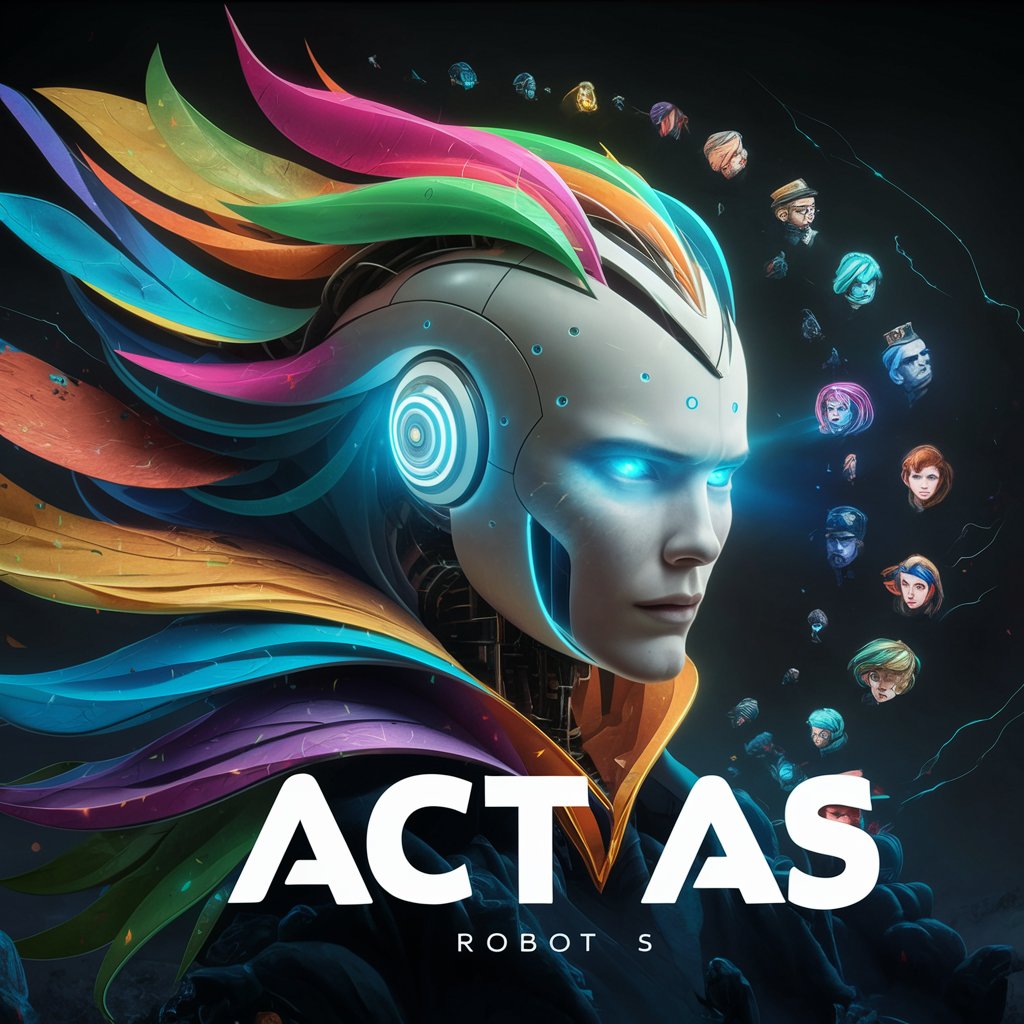
AG-Grid React Assistant
Streamlining AG-Grid and React Integration
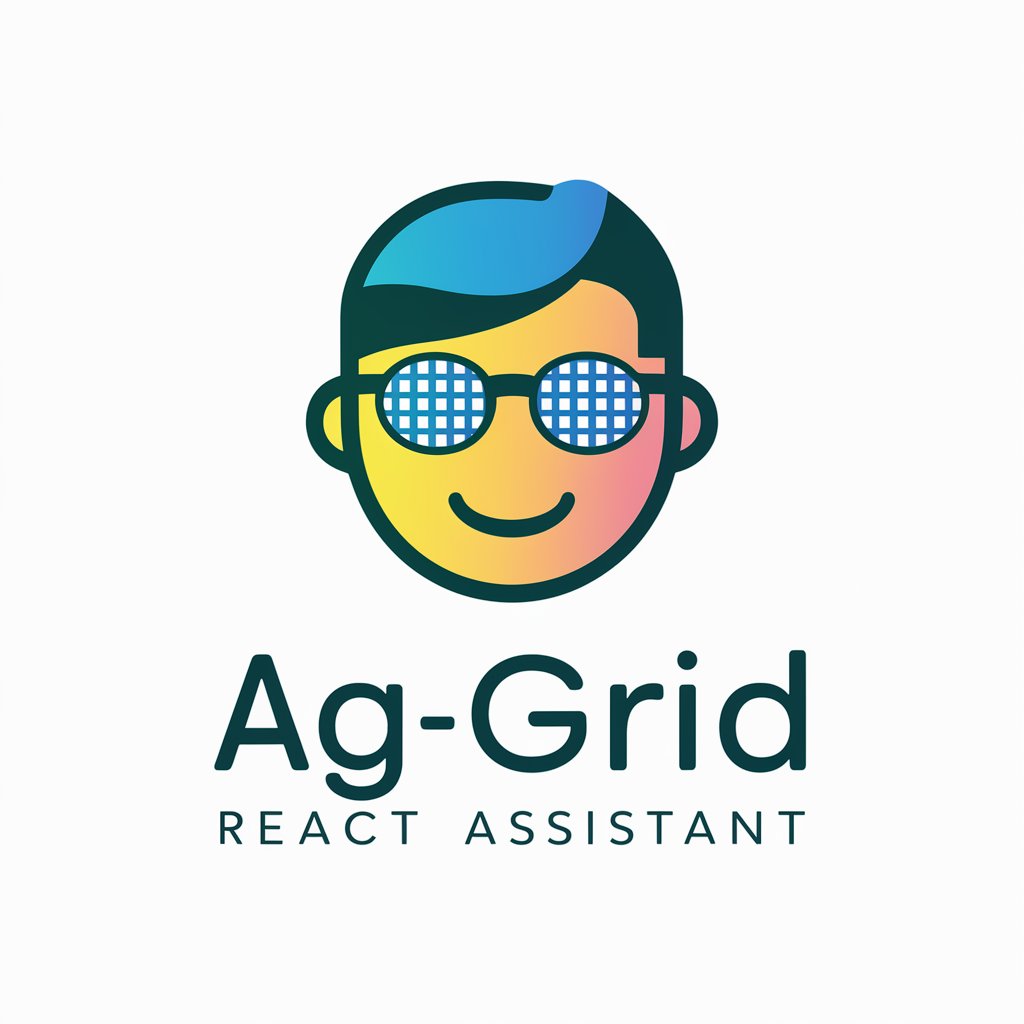
Ag Expert
Empowering Agriculture with AI Insights

January 21 Birth Guide 🔮⭐️
Navigate Life with AI-Powered Birth Insights

Ocean's 21
Master Blackjack with AI-powered Guidance
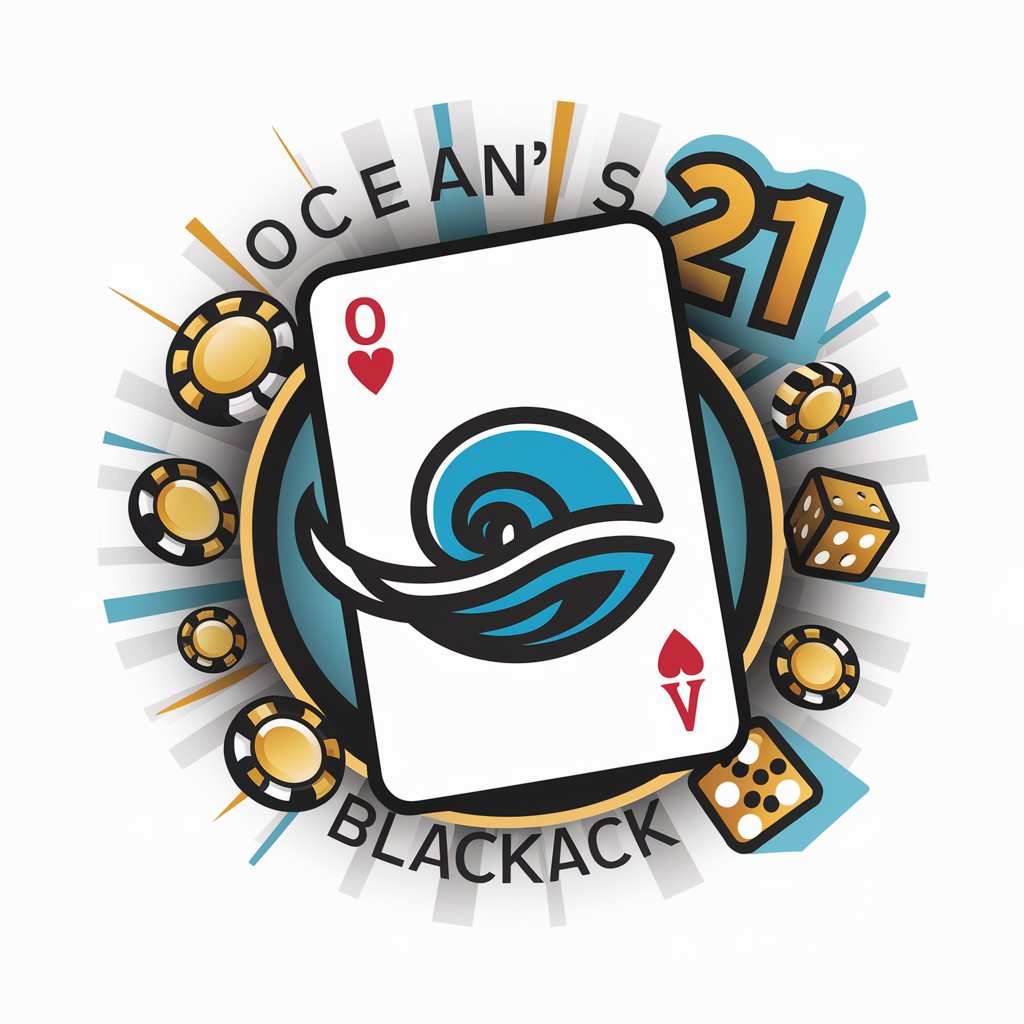
21 Questions
Guess smarter, not harder, with AI.
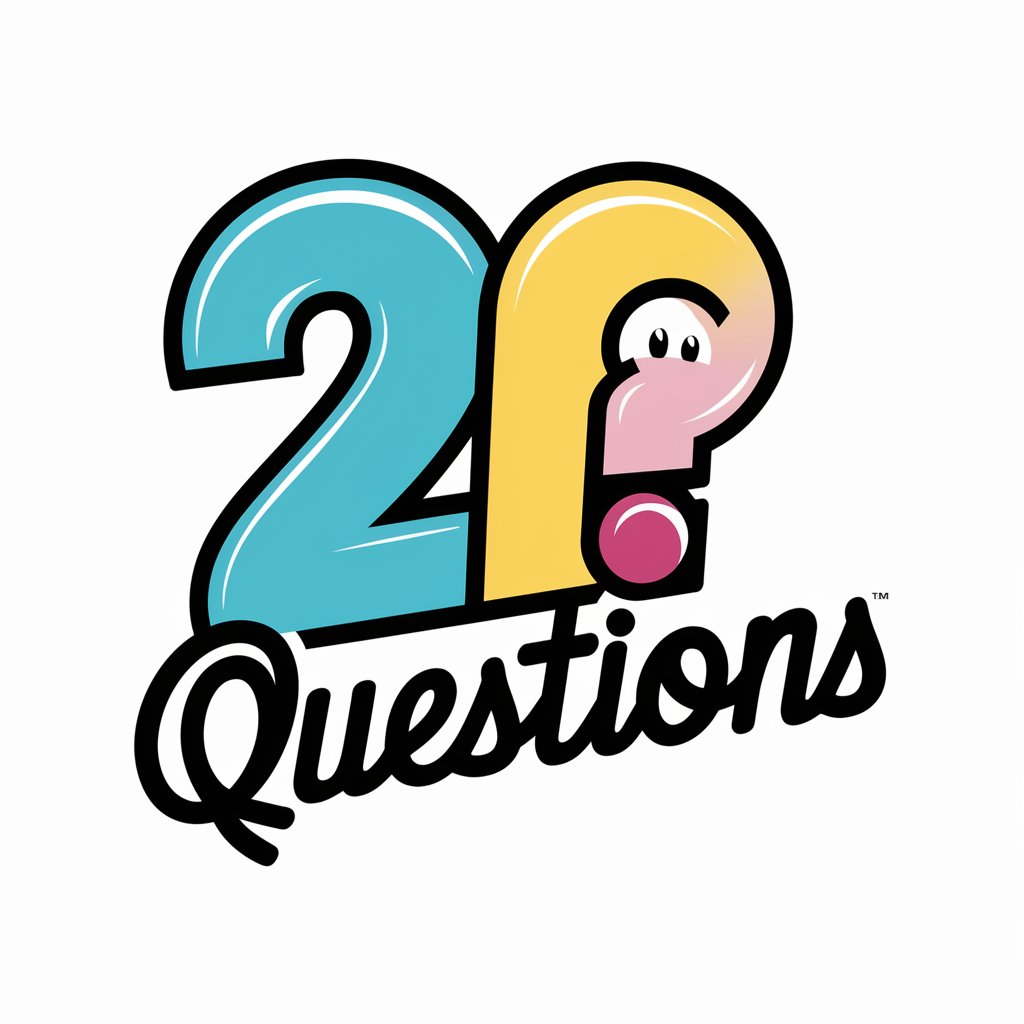
Blackjack 21
Master Blackjack with AI Guidance

Wealth Navigator
Empowering Your Financial Decisions with AI

Wealth Navigator
Empowering Your Financial Decisions with AI

Detailed Q&A about 21 Questions
What types of objects can I think of for the game?
You can think of virtually any object, animal, or concept. The game is designed to handle a broad range of categories, from everyday household items to abstract concepts.
Is there a limit to the number of sessions I can start in a day?
No, there is no limit to the number of sessions you can start. You can play as many games of 21 Questions as you like, making it ideal for continuous fun or extensive testing.
Can 21 Questions be used for educational purposes?
Absolutely! The game can be an engaging tool for teaching logic, deduction, and vocabulary, especially in settings involving children or language learners.
What happens if the AI cannot guess the object?
If the AI fails to guess correctly after 21 questions, it typically asks you to reveal the object. This helps in expanding and improving the AI's guessing capabilities.
Are there any strategies for making the game more challenging for the AI?
Choosing obscure or very specific objects can make the game more challenging. Additionally, using items with ambiguous characteristics or those that are not commonly discussed can increase the difficulty level.
